Searching Unifrog… ‘Save the World’ – Amelia Potter
With much talk of the climate issues concerning our world today, statistics and data seem to show things are very serious indeed, but it’s hard to identify the exact level of environmental crisis we are facing.
For example, a recent chart showed that carbon dioxide levels are 40% higher than they have ever been in the history of our planet. Seemingly shocking figures suggesting something is very wrong. But some would criticise this claim, saying that such data was collected from a volcano and therefore it is not accountable for our whole atmosphere.
Additionally, it’s been spread that Mercedes Benz are aiming to make all their cars completely carbon neutral by 2030. An act of defence for the earth, or a marketing strategy? It’s hard to know, like the data, what is genuine.
Protestors in London acting as activists for their campaign, Greta the Swedish girl, David Attenborough, paper straws, have all attempted to save the world. But what can we actually motivate ourselves to do about it ?
As an individual who would be willing to stand with the protestors in the streets of London holding a sign saying ‘peace and love’ with a picture of a sad planet, I was encouraged to think twice on such an idea.
I was told that doing things like that is great, active and political, but not what I should be aiming for. I was told that it is the influential figures with status, reputation and an education that are the ones with the true ability to make a change, be like them I was told, go to university, be educated about the true issues and their causes and criticisms, be bigger than the people with banners on the streets so you can speak and act for them.
‘Great’ I thought, that’s what I’ll do. I will go to university. Sorted. Motivated.
When looking for courses somewhat optimistically, I reached a standstill. ‘World issues’ I searched. 0 results found. Great. I then resorted to google: to save the world what course do I do? Again, no answer.
This was until someone told me, ‘every course’. They explained this by saying, ‘because somehow everything is related in the world’. And I understood.
You could study geography for example, and be inspired to build flood barriers. Or biology and learn the solution for coral reef deprivation. In addition, you could study history and resolve the cracks in this world union so that countries may work together and help fix problems outside of their own radius. [ed. Or English literature and develop your analytical skills in order to outwit the proponents of fake news].
I hope from this you can realise that it’s okay not to know what exactly you should be studying. but know that whatever it is, has given you knowledge, greater than many others, that can propel you towards benefiting our society, so keep learning. Additionally, to apply what you know, you must first be sure you really do know it. I found this out in a somewhat embarrassing Brexit conversation.





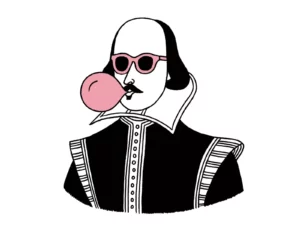
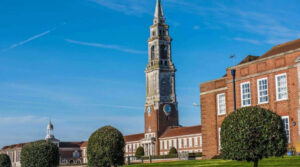
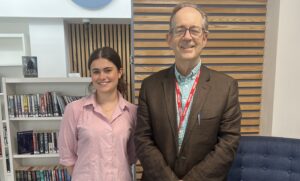
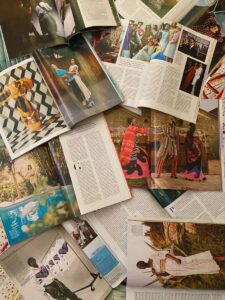

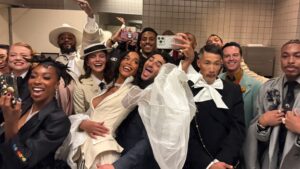
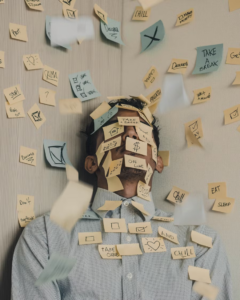

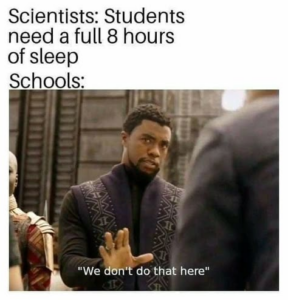
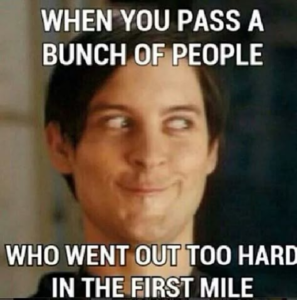
Post Comment
You must be logged in to post a comment.